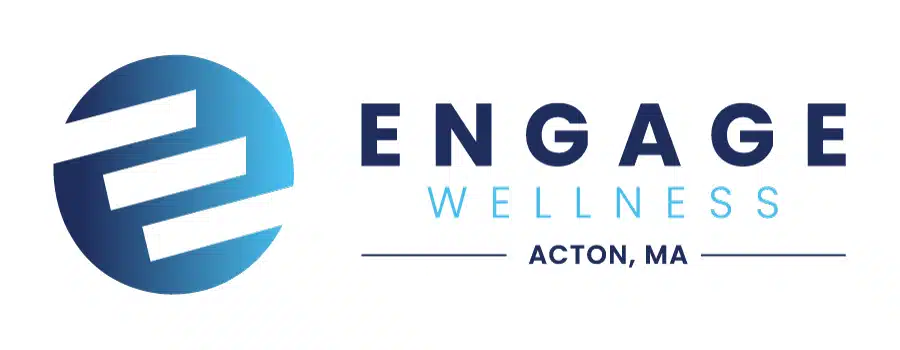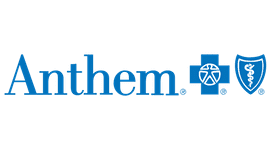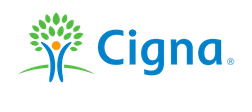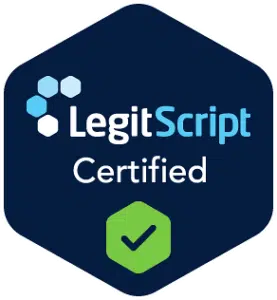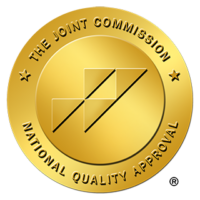Discover Group Therapy For Substance Abuse at Engage
Break free from the isolation of substance abuse and discover the transformative power of group therapy at Engage Wellness. Your recovery journey is unique, and our targeted group therapy programs in Massachusetts offer you a supportive, evidence-based pathway to healing. Through powerful peer connections and expert-led sessions, you’ll gain essential coping skills, build resilience, and create a robust support network that empowers your journey to lasting wellness and personal growth.
What is Group Therapy For Addiction?
Group therapy for addiction is a structured, therapeutic approach that brings together people struggling with substance use disorders to share experiences, learn coping strategies, and support each other’s recovery journey.[1] Led by trained clinicians, these sessions provide a collaborative environment where participants can openly discuss challenges, develop new behavioral skills, and gain insights from peers facing similar struggles.
At Engage Wellness, our group therapy programs are designed to meet you exactly where you are in your recovery process. We offer tailored sessions that address specific substance use disorders, including alcohol addiction, opioid dependency, and prescription drug abuse, ensuring that your unique needs are met with compassion and expertise.
Our evidence-based approach combines professional clinical guidance with peer support, creating a powerful framework for sustainable recovery. We empower you to build the mental resilience and practical skills necessary for long-term wellness through carefully structured therapy sessions, mindfulness techniques, and relapse prevention strategies.
The Core Components of
Group Therapy
Group therapy for addiction is a dynamic approach to recovery that harnesses the collective strength of shared experiences and mutual support:[2]
The Benefits of Group Therapy For Drug and Alcohol Addiction
Group therapy provides a powerful alternative to isolated addiction treatment, offering you immediate access to peer support and professional guidance. You’ll gain real-world insights and strategies by connecting with others facing similar substance use challenges. This collaborative approach breaks down the stigma and isolation often associated with addiction recovery.
The structured environment of group therapy equips you with practical coping mechanisms and emotional tools tailored to substance abuse recovery. Through targeted sessions, you’ll learn to identify triggers, develop healthier communication patterns, and build resilience by hearing directly from peers who understand your experiences. Each interaction becomes an opportunity to gain new perspectives on managing addiction and mental health challenges.
Your recovery journey gains strength through the accountability and support inherent in group therapy settings. As you engage with clinically guided peer interactions, you’ll construct personalized strategies for long-term wellness, challenge destructive thought patterns, and build a robust support system. The collective approach transforms individual struggles into a shared path of healing, providing you with continuous motivation and practical skills necessary for sustainable addiction recovery.
What We Treat
At Engage Wellness, our group therapy approach is specifically designed to address a wide spectrum of substance use disorders, targeting the complex challenges of addiction to alcohol, opioids, and other drugs. Our clinically-guided sessions provide targeted interventions for those struggling with specific substance dependencies, offering tailored strategies that address the unique psychological and behavioral patterns associated with each type of addiction.
Recognizing that addiction often coexists with underlying mental health disorders, our dual diagnosis group therapy provides comprehensive treatment for individuals managing concurrent substance use and mental health challenges like depression, anxiety, trauma, and mood disorders, ensuring a more integrated and effective path to recovery.
Find Your Recovery at Engage Wellness
Take the first courageous step towards your recovery by connecting with Engage Wellness today. We’re ready to guide you through personalized group therapy options that meet your specific needs, offering confidential consultations and flexible treatment plans designed to support your journey to lasting wellness. Don’t let addiction define your future—call us now to begin your transformation and reclaim the healthy, fulfilling life you deserve.
Frequently Asked Questions About Group Therapy For Addiction in Massachusetts
How does group therapy differ from individual counseling?
Group therapy is a structured, evidence-based treatment modality where individuals with substance use disorders come together in a supportive environment to share experiences, develop coping skills, and receive professional guidance from a trained facilitator, offering unique peer support and interpersonal learning opportunities that complement individual therapy.
How can group therapy help me manage cravings and support my addiction recovery journey?
Group therapy provides a comprehensive approach to addiction recovery by teaching practical coping strategies, offering peer support, implementing cognitive behavioral therapy techniques, and creating a sense of community that helps individuals develop stress management skills, recognize triggers, and build long-term resilience in their recovery process.
What types of group therapy interventions are available for people struggling with substance abuse in Massachusetts?
There is a diverse array of group therapy approaches, including psychoeducational groups, interpersonal process groups, skills development groups, mindfulness-based sessions, and specialized groups for specific substance dependencies like alcohol and opioid addiction, designed to address both addiction and potential co-occurring mental health challenges.
